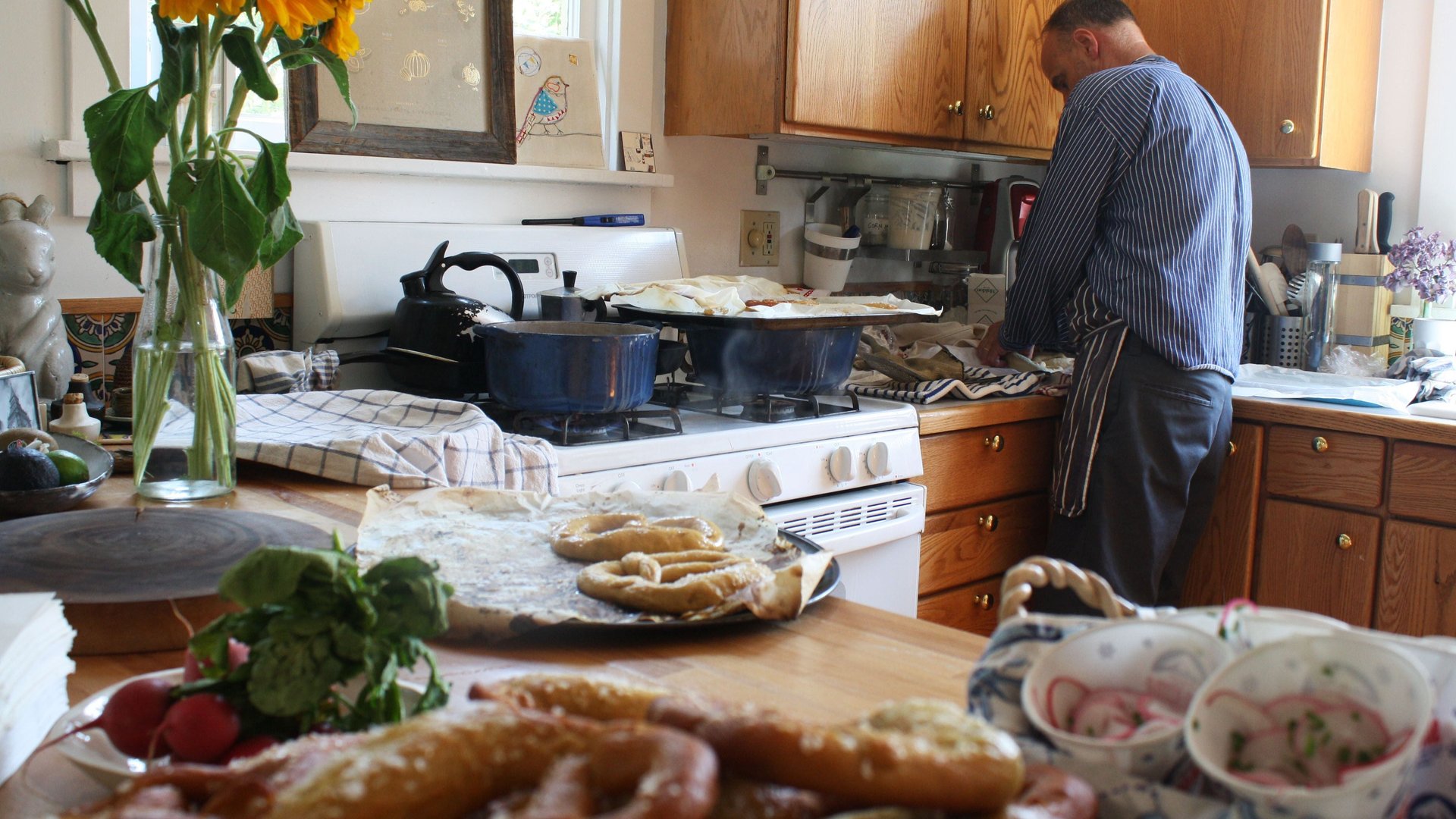The sharing economy for food is the latest thing California may legalize
The “sharing economy” has included homemade food for longer than that buzzword has existed. Bake sales, tamale carts, and in-home restaurants are longstanding global institutions. But when startups have tried to port these tiny businesses into apps, they’ve run into one big problem: In most US states, selling homemade food is illegal.


The “sharing economy” has included homemade food for longer than that buzzword has existed. Bake sales, tamale carts, and in-home restaurants are longstanding global institutions. But when startups have tried to port these tiny businesses into apps, they’ve run into one big problem: In most US states, selling homemade food is illegal.
Two state legislators have introduced a bill that aims to change that, at least in California.
The bill, introduced by California Democratic Assembly members Eduardo Garcia and Dr. Joaquin Arambula, would add a new category of food-preparation facility, called the “homemade food operation,” to the California Health and Safety code.
Under current California law, a home kitchen used to prepare food for customers needs to follow the same health and safety rules as a restaurant. This effectively prohibits home-cooking operations by requiring, for instance, “nonabsorbent” (typically stainless steel) countertops, and sinks with three compartments. The proposed law would state the intent of the legislature to instead create a process for licensing and regulating home kitchens, separate from that of restaurants. The bill argues:
Due to a lack of appropriate regulations, many experienced cooks in California are unable to legally participate in the locally prepared food economy and to earn an income legally therein. As a result, and because they feel they have no other option, thousands of private chefs, home caterers, and many other food micro-entrepreneurs cook out of private homes or unlicensed food facilities, with little access to education for best practices or safety guidelines.
Such an exemption already exists for ”cottage food operations,” but that only applies to production of a small number of foods that are unlikely to be hazardous, such as baked goods, dried food, and popcorn.
Creating a new “home food operation” category would allow startups that facilitate the sale of homemade meals, like Josephine, MealSurfers, and Umi Kitchen to operate legally in California. Josephine, which was shut down by Berkeley and Alameda County health departments last summer, sponsored the bill. It also sponsored a similar bill last year, which was opposed by the California Conference of Directors of Environmental Health (CCDEH), composed of Environmental Health Directors from 62 California jurisdictions.
“We remain concerned about public health issues,” says Justin Malan, the executive director of the CCDEH, “and we are cognizant that this goes beyond health and food safety. It goes to the heart of land use, etc.” He said that the CCDEH would opposed the legislation unless it included a maximum number of commercial meals that could be prepared in a home, a maximum revenue income limit for homemade food operations, and specific food-safety rules, among other requirements.